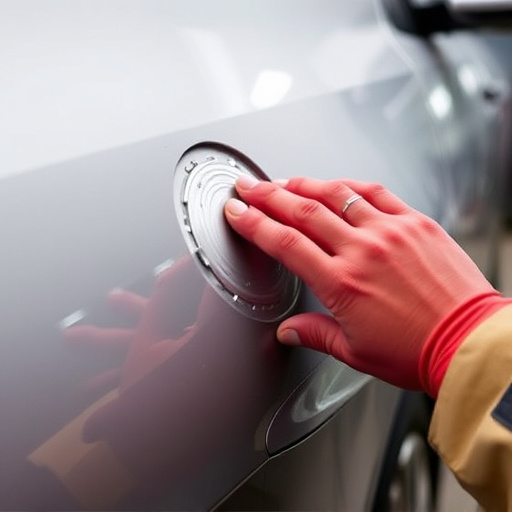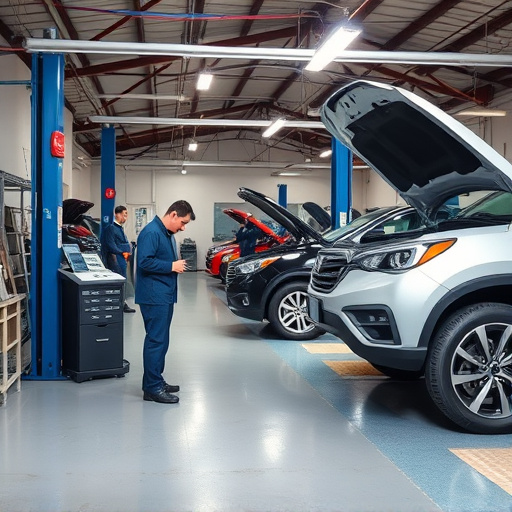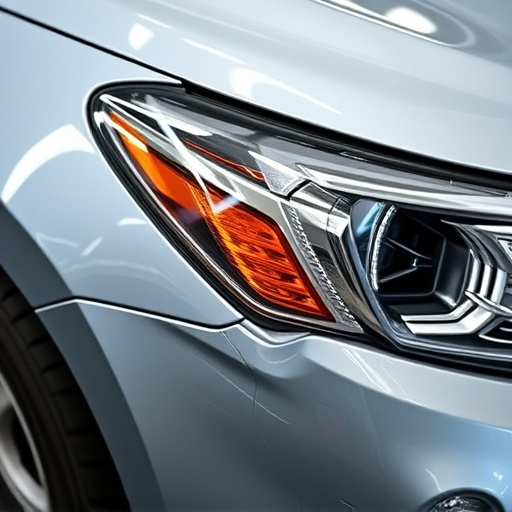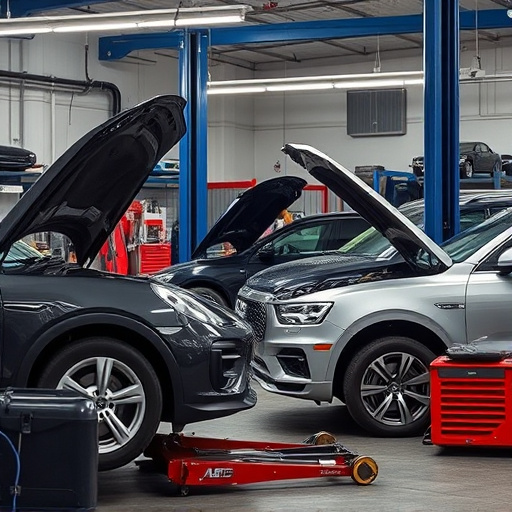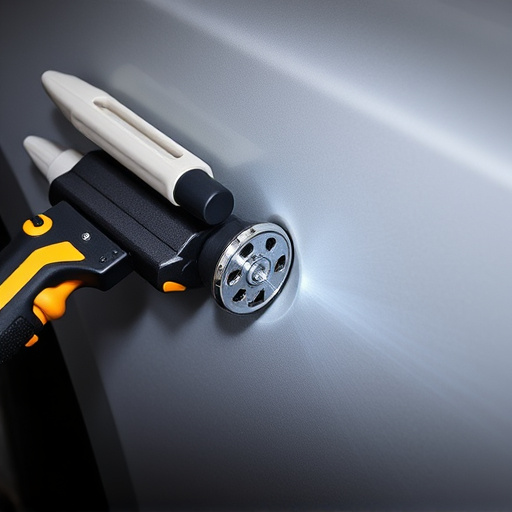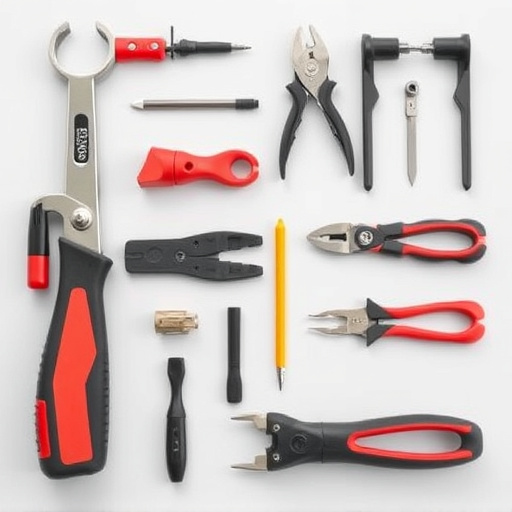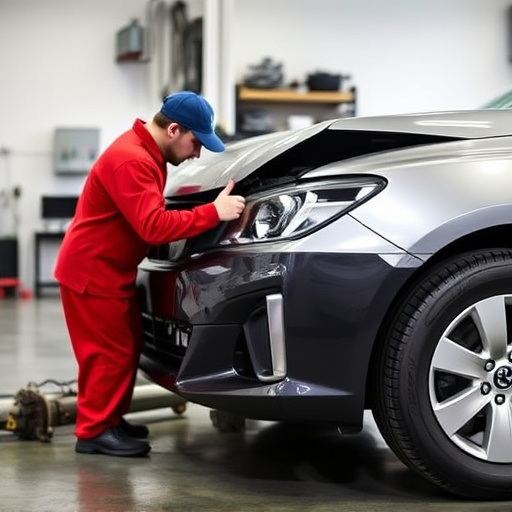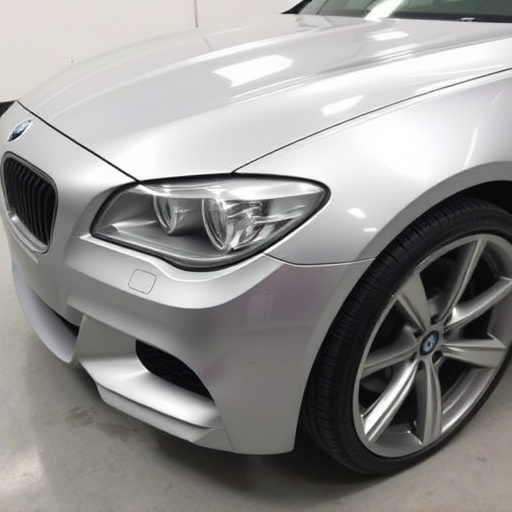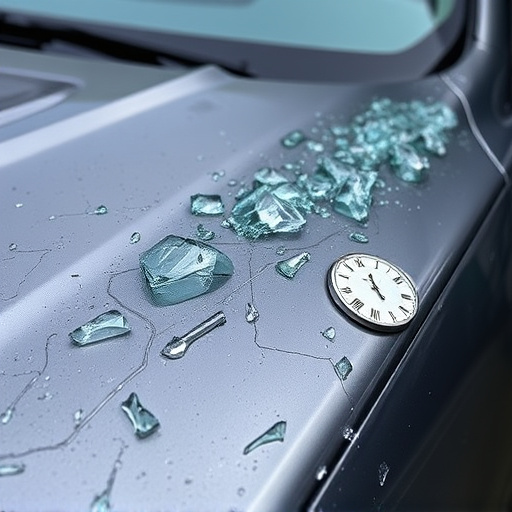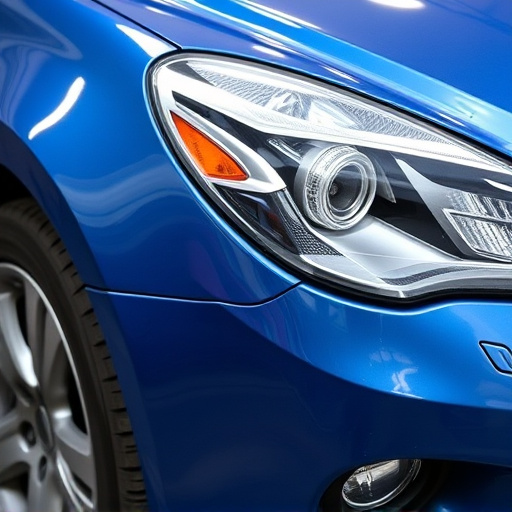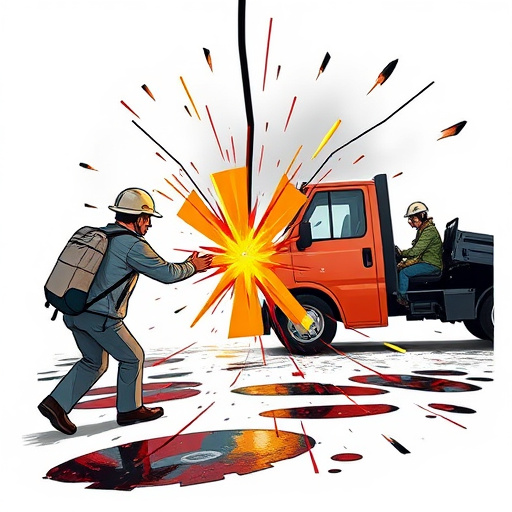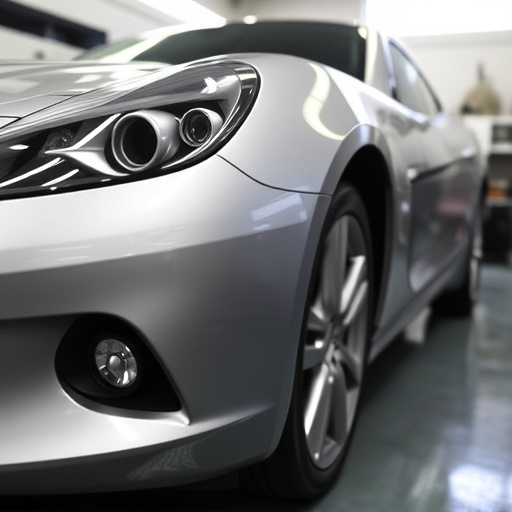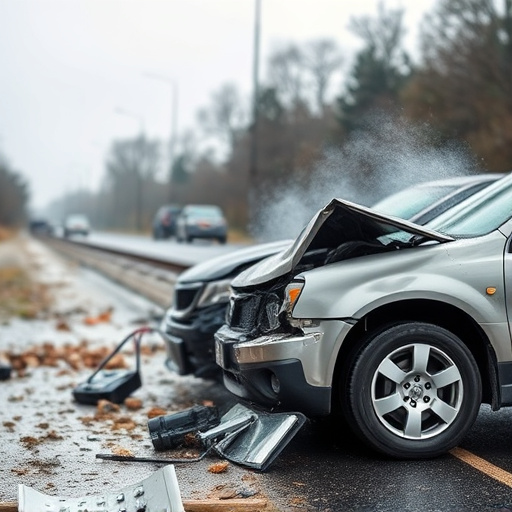Protective coatings and advanced adhesives in glass setting materials offer unparalleled UV and weather resistance, enhancing durability for automotive and architectural applications. Specialized coatings safeguard against discoloration while advanced polymer resins resist thermal expansion and contraction, improving overall performance and customer satisfaction across industries.
In the realm of architecture and construction, glass setting materials play a pivotal role in enhancing structural integrity and aesthetic appeal. As we explore protective coatings for glass surfaces, we uncover innovative solutions that safeguard against environmental factors like UV radiation and adverse weather conditions. This article delves into common adhesives tailored for weatherproof glass installations, as well as cutting-edge technologies designed to bolster UV resistance. By examining these advancements, professionals can ensure long-lasting, low-maintenance glass structures.
- Exploring Protective Coatings for Glass Surfaces
- Common Adhesives for Weatherproof Glass Installations
- Innovative Technologies for Enhanced UV Resistance
Exploring Protective Coatings for Glass Surfaces
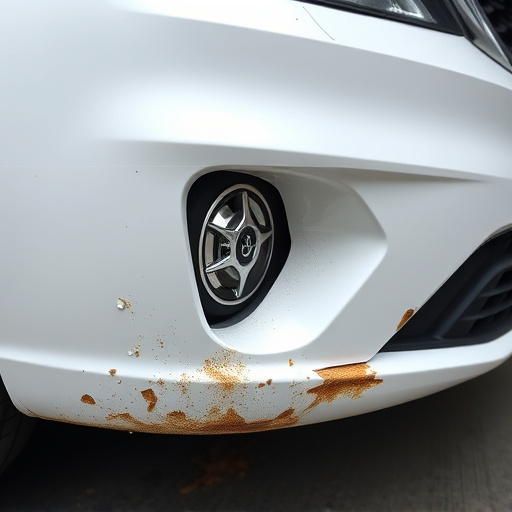
In the realm of glass setting materials, protective coatings play a pivotal role in enhancing durability and resisting environmental factors. These advanced coatings are designed to safeguard glass surfaces from harmful ultraviolet (UV) rays, extreme weather conditions, and other detrimental elements, ensuring their longevity. By applying these protective layers, car repair shops and collision repair centers can offer superior car body restoration services, as the coated glass is less susceptible to fading, cracking, or breaking under stressful conditions.
This innovative approach involves exploring various coatings that not only provide UV resistance but also offer excellent weatherability. Silicone-based formulations, for instance, are renowned for their flexibility and ability to withstand extreme temperatures, making them ideal for outdoor applications. Other options include ceramic coatings, known for their hardness and durability, which create an invisible barrier against scratches and stains. These protective measures are especially valuable in enhancing the aesthetic appeal and structural integrity of glass components, whether in automotive or architectural settings.
Common Adhesives for Weatherproof Glass Installations
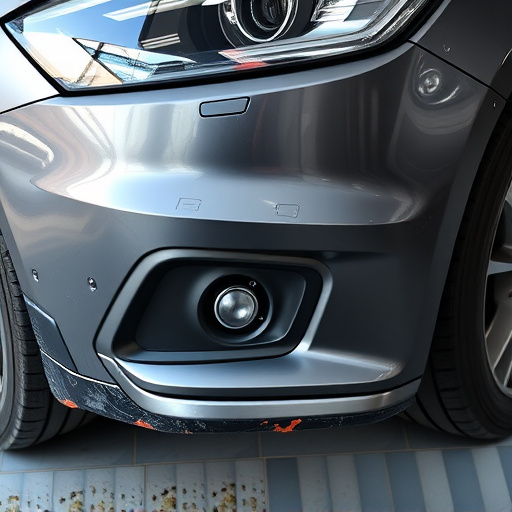
When it comes to ensuring UV and weather resistance in glass installations, especially for automotive applications like car bodywork or car body restoration, the choice of adhesive is paramount. Common adhesives used in weatherproof glass settings offer superior bonding strength while protecting against harmful UV rays and extreme weather conditions. These advanced materials are designed to meet the stringent requirements of both aesthetic appeal and structural integrity, crucial factors in industries such as collision repair centers.
Polyurethanes and silicones stand out among the glass setting materials for their exceptional water resistance and flexibility—qualities that prove indispensable when dealing with fluctuating temperatures and varying weather patterns. In terms of application, these adhesives are versatile, suitable for a range of surfaces from metal to composite materials commonly found in car body restoration projects. Their longevity ensures minimal maintenance over time, a significant advantage for collision repair centers looking to deliver high-quality, durable repairs that withstand the test of time and diverse environmental conditions.
Innovative Technologies for Enhanced UV Resistance
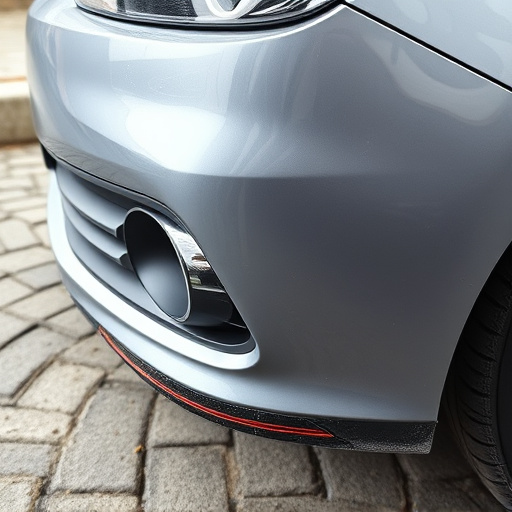
In recent years, the innovation in glass setting materials has led to remarkable advancements in UV and weather resistance. Manufacturers have developed cutting-edge technologies that go beyond traditional methods, ensuring longer-lasting and more durable glass products. One such innovation is the introduction of specialized coatings that act as a protective barrier against harmful UV rays. These coatings not only shield the glass but also prevent discoloration and fading, maintaining the original aesthetics for extended periods.
Furthermore, advanced polymer resins have been engineered to enhance the mechanical properties of glass setting materials. These resins offer exceptional resistance to thermal expansion and contraction, preventing cracks and chips caused by extreme weather conditions. This has become particularly valuable in industries such as automotive, where frame straightening and dent removal processes can be more challenging due to exposure to sunlight and varying temperatures. By integrating these innovative technologies, manufacturers can provide tire services with enhanced performance, ensuring customer satisfaction and safety on the road.
In conclusion, selecting the right glass setting materials that offer UV and weather resistance is paramount for durable and aesthetically pleasing installations. From protective coatings and adhesives to innovative UV-resistant technologies, understanding these components ensures your glass surfaces withstand environmental challenges. By embracing modern solutions, you not only protect investments but also enhance the longevity of various applications, from architectural marvels to automotive designs.
